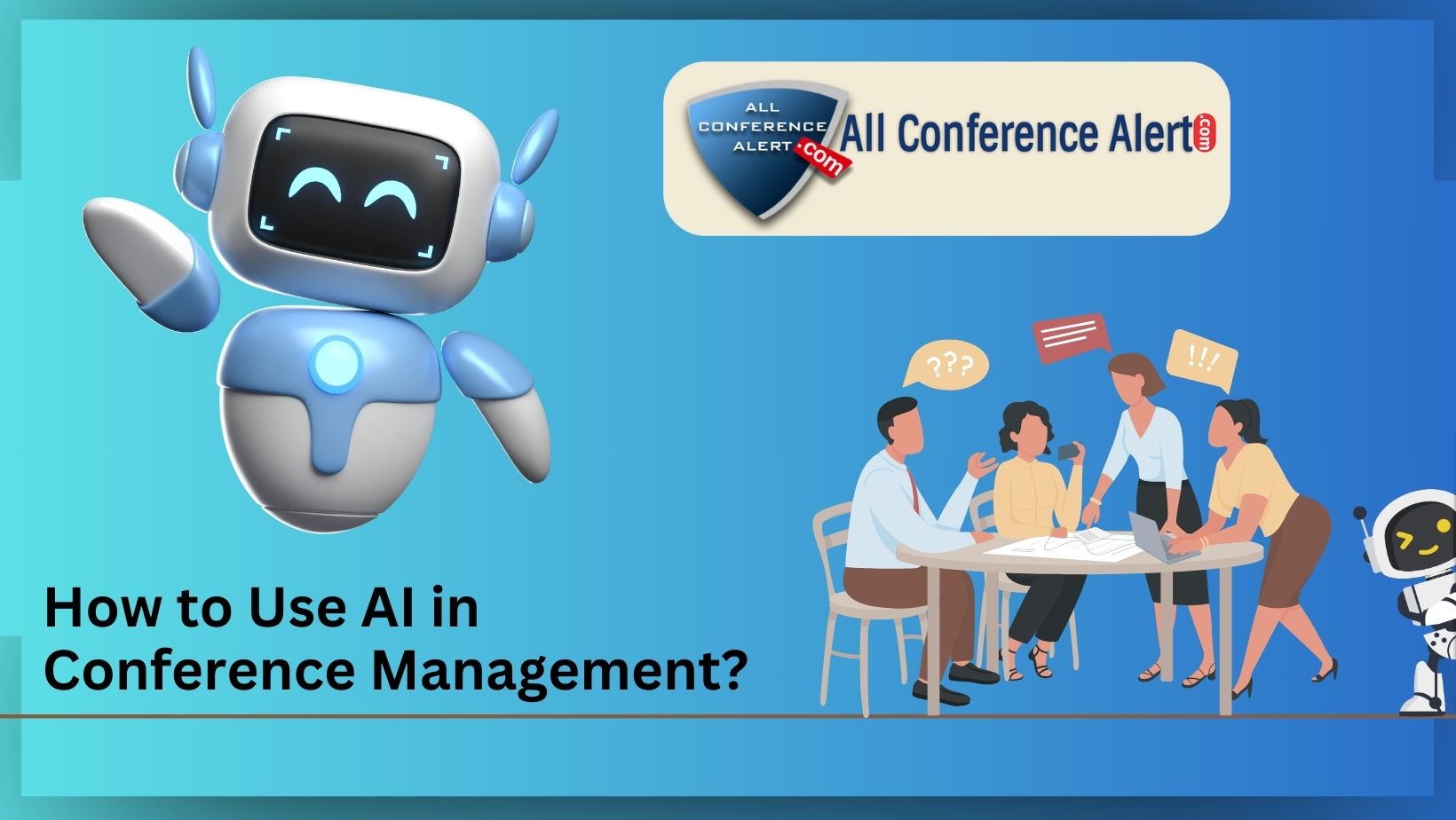In the dynamic landscape of conference management, harnessing the power of Artificial Intelligence (AI) has become increasingly essential. From enhancing attendee experiences to streamlining logistics, AI can revolutionize the way conferences are organized and executed. This guide explores practical ways to leverage AI for more efficient and engaging conference management.

Automating Administrative Tasks:
AI can be a game-changer in automating routine administrative tasks. Implement AI-powered chatbots to handle inquiries, registration processes, and provide real-time assistance. This not only reduces the workload on organizers but also ensures quick and accurate responses, enhancing overall attendee satisfaction.
Personalizing Attendee Experiences:
Tailoring experiences to individual preferences is a key aspect of successful conferences. AI algorithms can analyze attendee data to provide personalized recommendations for sessions, workshops, and networking opportunities. This personalized touch contributes to a more engaging and valuable experience for participants.
Smart Scheduling and Agenda Optimization:
AI can optimize conference agendas by analyzing historical data, attendee preferences, and speaker availability. The technology can recommend the most suitable time slots for sessions, minimizing scheduling conflicts and maximizing attendance.
Dynamic Content Recommendations:
Enhance content discovery by implementing AI-driven content recommendation systems. These systems analyze attendee profiles, session feedback, and trending topics to suggest relevant sessions, speakers, and exhibitors, ensuring attendees make the most of their conference experience.
Predictive Analytics for Attendance Forecasting:
Utilize predictive analytics to forecast attendance numbers accurately. AI algorithms can analyze various factors, including historical data, registration trends, and external influences, to provide organizers with insights into expected attendance. This facilitates better resource allocation and event planning.
Streamlining Venue Logistics:
AI-powered solutions can optimize venue logistics, including seating arrangements, traffic flow, and room allocations. By analyzing historical data and real-time information, AI can suggest the most efficient layouts to enhance the overall flow of the conference.
Virtual Attendance Enhancements:
For hybrid or virtual conferences, AI plays a crucial role in creating immersive online experiences. Implement AI-driven virtual event platforms that offer features such as virtual networking, live chat moderation, and content personalization to cater to remote participants effectively.
Real-Time Data Analytics:
AI provides the capability to process and analyze vast amounts of data in real-time. This enables organizers to gain immediate insights into attendee engagement, session popularity, and overall event performance. Real-time analytics empower quick decision-making and adjustments during the conference.
Post-Event Analytics and Insights:
After the conference, leverage AI for post-event analytics. Analyze attendee feedback, social media sentiments, and other relevant data to gain insights into the event’s success and areas for improvement. This information is invaluable for refining future conferences.
Cybersecurity and Fraud Prevention:
AI-driven cybersecurity measures can safeguard sensitive data and prevent fraudulent activities during conference registration and transactions. AI algorithms can detect and respond to potential security threats, ensuring the protection of both organizers and attendees.
Incorporating AI into conference management holds the potential to elevate the entire event experience. From simplifying logistics to personalizing attendee interactions, AI is a powerful ally for organizers seeking to maximize efficiency and deliver outstanding conferences. By embracing these AI applications, conference organizers can stay at the forefront of innovation in the ever-evolving events industry.